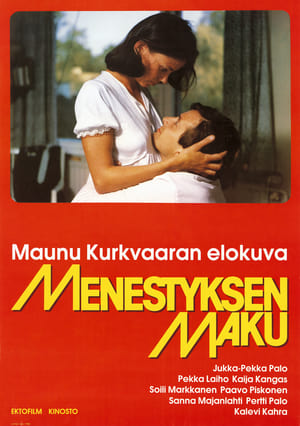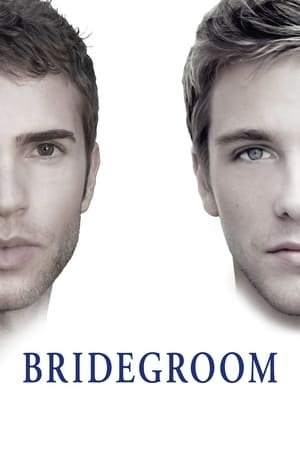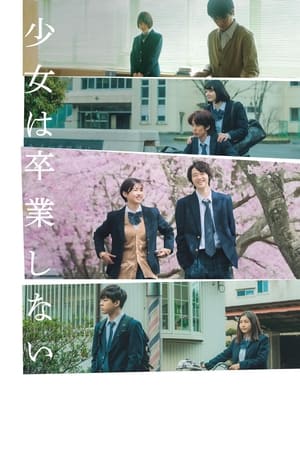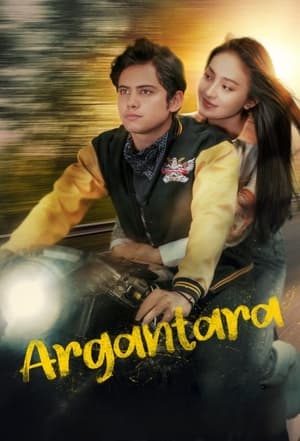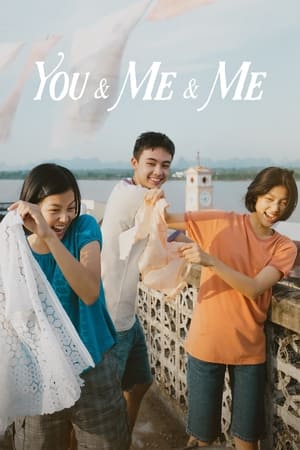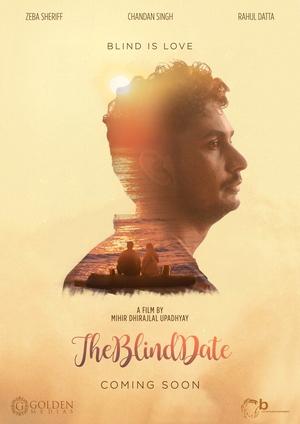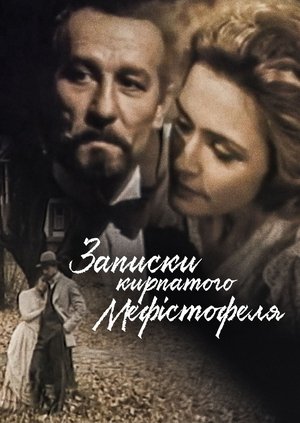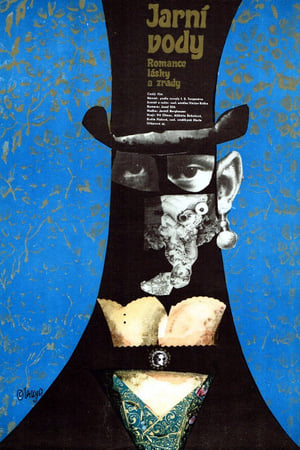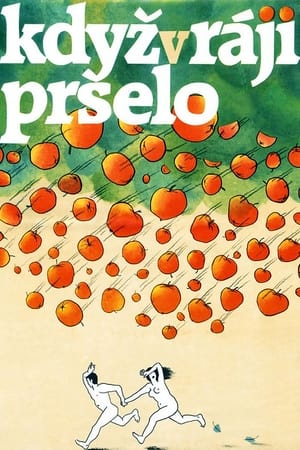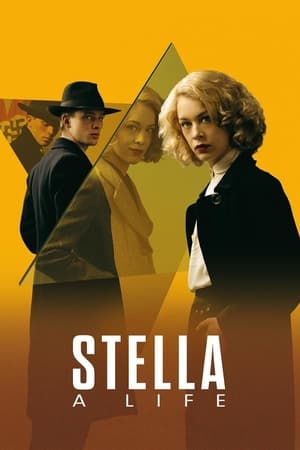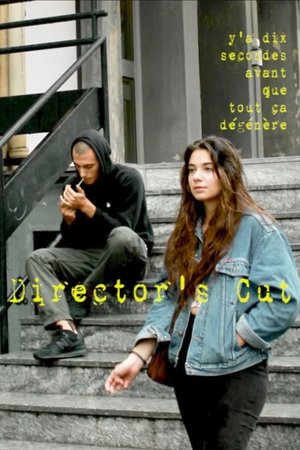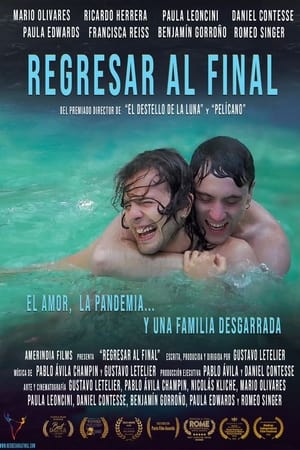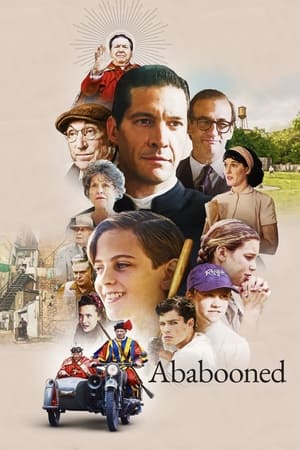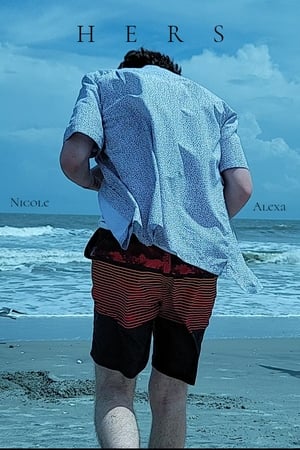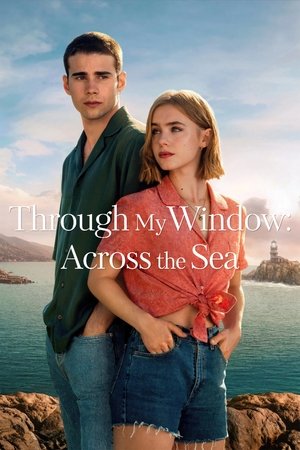Overview
Living with her snobby family on the brink of bankruptcy, Anne Elliot is an unconforming woman with modern sensibilities. When Frederick Wentworth – the dashing one she once sent away – crashes back into her life, Anne must choose between putting the past behind her or listening to her heart when it comes to second chances.
Reviews
You may well ask, why should you watch this particular version of Jane Austen's Persuasion? well, settle in and let me tell you.
I think I own almost every filmed version of every Austen novel. I find different strengths and weaknesses in all of them, but I would not trash any of them the way people do some versions because they don't stay true enough to the books. I write novels myself in my spare time and - were I lucky enough (or good enough) to have any made into a film - I would not be offended if they were changed. Books and movies have different needs and ways of telling a story. That said, I really love this interpretation of Persuasion.
I greatly appreciate how British productions often don't automatically lunge for the most beautiful or most handsome actors and actresses for their lead roles, as American productions are apt to do. Sally Hawkins is by no means ugly, but she is almost homely in some of her scenes, such as when she is weeping. I read a criticism in a review of how the actors stare into the camera, but I think Sally is at her most masterful doing just that, looking right at us, such as in the very first scene, or the weeping scene I just mentioned. Her facial expression changes are sometimes dramatic and other times subtle but still very effective. I think all of the acting is wonderful here, from the effete snob father right down through to the many minor characters.
I do admit I was a bit mystified by one aspect of the ending. I will try not to give it away to those who may actually be deciding whether to watch it, but the book's ending is changed for the film, which as I said above, isn't a problem for me in itself. There are enough versions of Austen movies or mini-series out there that I am fine with each doing some interpreting. And in this version, they want to make the final scene more dramatic. That is fine. But what struck me as weird was that Anne follows a character out the front door just seconds behind him, but that person is nowhere to be seen on the street, and she goes off in pursuit. It wouldn't have taken much to have Anne be delayed leaving just long enough to make it realistic that there would be no sign of him when she steps outside. But I forgive them that oddity. Perhaps it was the result of an editing room dilemma. Also in that scene they show her walking from above, which makes for a strange angle. Since then I have seen that technique used more, so perhaps it is a new thing.
The music by Martin Phipps is also wonderful, moody and rich. I am surprised that the soundtrack was not made available (the last time I checked). The closest I have come to finding it was, oddly enough, a CD called H2O by the Canadian nature CD producer Dan Gibson. It is similar to the main theme music of the movie, though obviously not the same thing.

 93 min
93 min
 7.243
7.243
 2007
2007
 United Kingdom
United Kingdom
 Peter McGinn wrote:
Peter McGinn wrote: